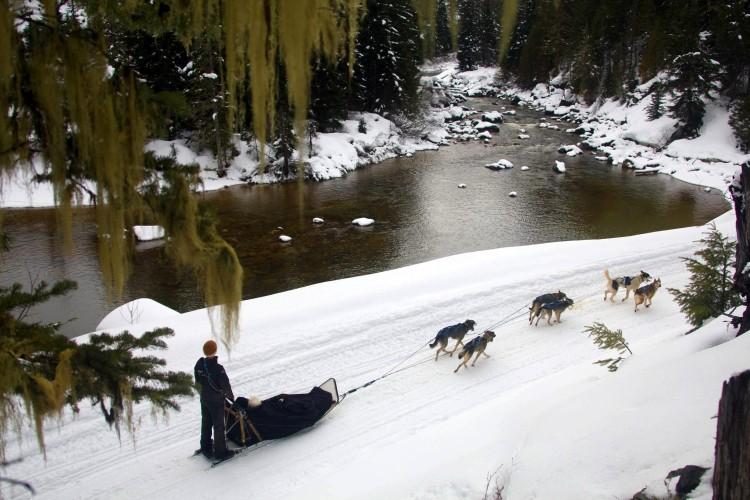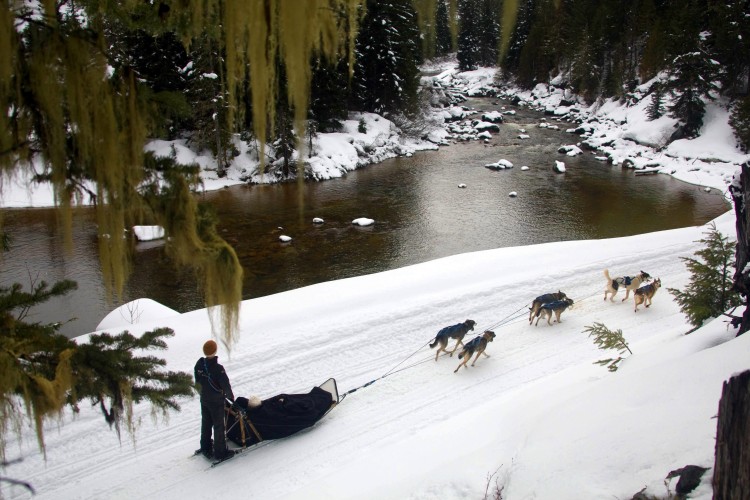It was a year ago this month that news of the now-infamous sled dog slaughter in Whistler, B.C, made headlines around the world.
After it emerged that a tour operator with Outdoor Adventures Whistler had shot and stabbed approximately 100 healthy sled dogs the previous April, there was an outpouring of condemnation, and a month later the company suspended its sledding operations.
But the story may have a happy ending after all.
Despite an abundance of negative publicity after news broke of the shocking cull, Outdoor Adventures has now been transformed into the Whistler Sled Dog Co., owned by the Sled Dog Foundation, a newly created not-for-profit that aims to become a model for sledding operations worldwide.
The new company began operations just before Christmas in the Soo Valley north of Whistler and business has been brisk, says Sue Eckersley, one of the foundation’s three committee members.
Although the massacre gave the sled dog industry and Whistler a black eye, she says the industry has rebounded and people have put the ordeal behind them.
“I think that people—both the public and the media—have embraced this new situation, and I think what everybody wants is to know that going forward things are going to be different.”
Eckersley says the operation will be a basis for research on sled dog behaviour and care, and everything learned will be made available to sled dog operators around the world to improve their operations and the well-being of their animals.
“Plus, there’s all these companies that have been operating really well with great knowledge, and what we would like to do is be a home for all that knowledge,” she says.
“The best thing about this whole scenario is that the potential is huge. We have an opportunity to influence thousands of dog’s lives.”







